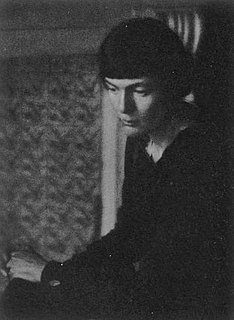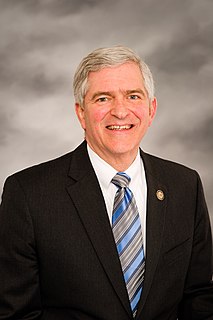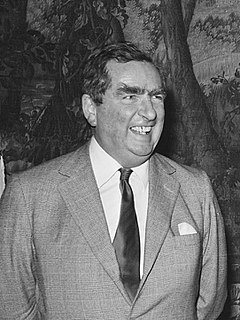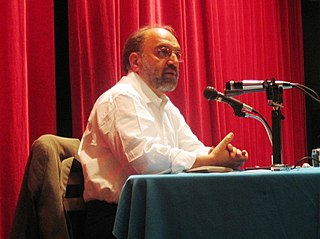A Quote by W. E. B. Du Bois
It is the growing custom to narrow control, concentrate power, disregard and disenfranchise the public; and assuming that certain powers by divine right of money-raising or by sheer assumption, have the power to do as they think best without consulting the wisdom of mankind.
Related Quotes
If the benevolent ruler stays in power long enough, he eventually concludes that power and wisdom are the same thing. And as he possesses power, he must possess wisdom. He becomes converted to the seductive thesis that election to public office endows the official with both power and wisdom. At this point, he begins to lose his ability to distinguish between what is morally right and what is politically expedient.
It is unfortunately none too well understood that, just as the State has no money of its own, so it has no power of its own. All the power it has is what society gives it, plus what it confiscates from time to time on one pretext or another, there is no other source from which State power can be drawn. Therefore every assumption of State power, whether by gift or seizure leaves society with so much less power; there is never, nor can be, any strengthening of State power without a corresponding and roughly equivalent depletion of social power.
I looked at my right hand, the hand with which I painted. There was power in that hand. Power to create and destroy. Power to bring pleasure and pain. Power to amuse and horrify. There was in that hand the demonic and the divine at one and the same time. The demonic and the divine were two aspects of the same force. Creation was demonic and divine. Creativity was demonic and divine. I was demonic and divine.
Power properly understood is nothing but the ability to achieve
purpose... one of the great problems of history is that the concepts of love and power have usually been contrasted as opposites --- polar opposites --- so that love is identified with a resignation of power, and power with a denial of love... What is needed is a realization that power without love is reckless and abusive, and love without power is sentimental and anemic. Power at its best is love implementing the demands of justice, and justice at its best is power correcting everything that stands against love.
Socialism to me is establishing social control of power in society, and where that differs from liberalism for example which aims at a similar situation in some respects, is we think you can only establish control over power by changing the structure and distribution of power, notably economic power.
Religion forbids us from assuming a God-like character. This is especially true in politics and government, where limiting the power of the state, division of powers, and the doctrine of checks and balances are established in order to prevent accumulation of power that might lead to such Godly claims.
What I'm interested in exploring with Clark Kent is when you have the power to do something that goes beyond what you think is the right thing to do and the difficulty of that. Meaning, to be Superman also means to withhold a lot of power. He could reshape the world however he thinks it should be. But Superman doesn't, historically, do those things. He allows a certain level of self-governing and a certain level of independence, I think out of an admiration for humanity. Because he's inspired by the best in us and he challenges us to inspire each other to be the best that we can be.





































